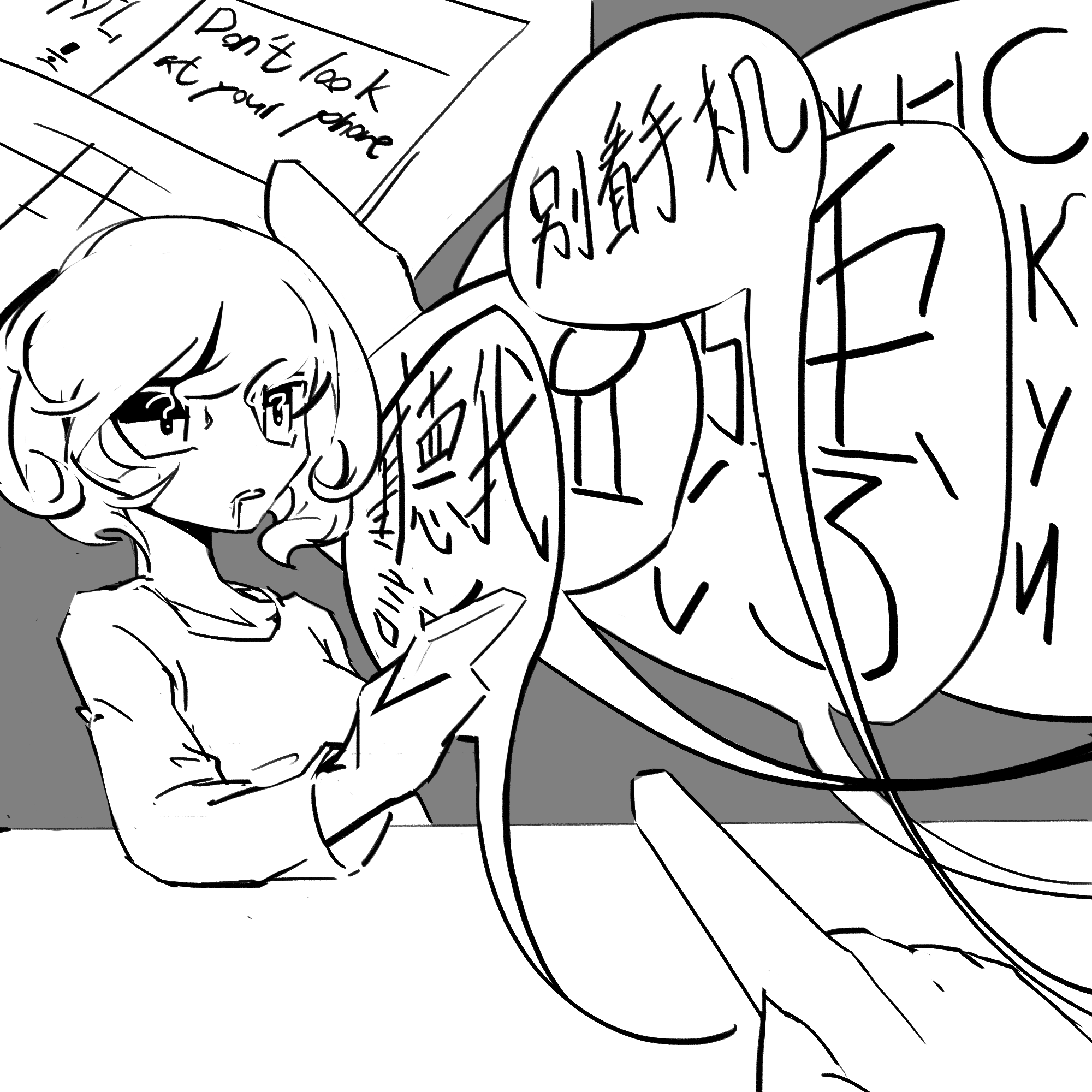
Language plays a critical role in people’s daily lives. Whether it’s used to speak to friends, write essays for class or connect with grandparents, language surrounds people every day. Many students at Aragon speak a variety of languages, and this multilingualism can often play an influencing role in their lives and identities.
Sophomore Edward Gomez describes how speaking some Spanish helps him find a community.
“There’s a [community] of people who speak Spanish [here in California],” Gomez said. “We get a lot of transfer students who just speak Spanish, [and being bilingual], I’m able to build a bond with them.”
Many multilingual speakers seek to maintain their connections to their language and culture in their everyday lives.
“I read a lot of books,” said Spanish teacher Marie Escoto, who speaks Arabic, French, Portuguese, Spanish and Italian, in addition to English. “I read a lot of French novels to keep up. One thing that I always tell my kids as a Spanish teacher is you have to read a lot to keep up with the language, especially if you don’t speak it that often.”
Many are grateful for their multilingual identity, which allows them to gain access to more perspectives.
“I’m grateful to have a multitude of perspectives and locations to call home in a way”
“I think it [connects] me to a lot of different places in the world,” said senior Amitai Smyla, who speaks Hebrew and Polish, as well as English. “I’m grateful to have a multitude of perspectives and locations to call home in a way. For Hebrew, I can speak, I can read [and] I can write, [which makes it] much easier to connect [with others].”
Growing up, sophomore Ria Kesarwani did not feel encouraged to speak her native languages.
“I used to speak three different languages, one from my mom’s side of India, one from my dad’s side,” Kesarwani said. “But when I started learning English and the school system was so focused on English, I started [speaking] English at home, [and] I completely forgot my first language. Whenever we go to Kerala, [India], I can’t talk to a lot of the people there, since they only speak Malayalam. [It makes me feel] out of touch.”
Multilingual students who struggle to speak their native language fluently can feel frustrated.
“I don’t feel completely Hispanic [because I’m] not able to speak my native language [fluently],” Gomez said. “Sometimes it may come out butchered and sound off. When I’m around Hispanic friends, they typically speak Spanish back and forth, and because I’m not really close to the language, … I feel like an outcast when they speak it. I try my best to fit in, which sometimes becomes kind of hard.”
“I try my best to fit in, which sometimes becomes kind of hard”
This feeling of embarrassment can be common among multilingual speakers. Escoto provides a unique perspective on making mistakes when speaking.
“[Making mistakes is] interesting because you’re constantly learning and evolving, which is great because this is our life,” Escoto said. “This is how we learn and become better citizens [and] better human beings. You’re more prone to making more mistakes and it’s okay to make more mistakes.”
Multilingual speakers can struggle with stereotypes that may make it difficult to make sense of their identity.
“Where I live, across the street, there’s a Latino market,” said sophomore Adriana Peraza, who speaks Spanish along with English. “My brother and I will go inside the market and the vendors will only speak English to us until we start speaking Spanish to them. Even sometimes when I do speak Spanish to them, they continue speaking English. It’s annoying when I’m trying to communicate with people in my community and my culture and they don’t reciprocate because I don’t look the way they think I should.”
”I feel I have a broken identity … because I’m [also] Lebanese, French and Portuguese”
Many multilingual speakers struggle with identity, and Escoto attributes her experience to having an identity that includes multiple cultures and nationalities.
“[When someone asks me my nationality], I say I’m Brazilian because I grew up in Brazil, [but] I feel I have a broken identity,” Escoto said. “I’m [also] Lebanese, French and Portuguese. I identify more with these three. I am the three cultures [and that] represents me.”
Many multilingual members of the Aragon community look forward to continuing to engage in speaking and learning their native languages. People have maintained ties to their culture in a variety of ways by visiting extended family, surrounding themselves in cultural media or finding communities to share their experiences with.




